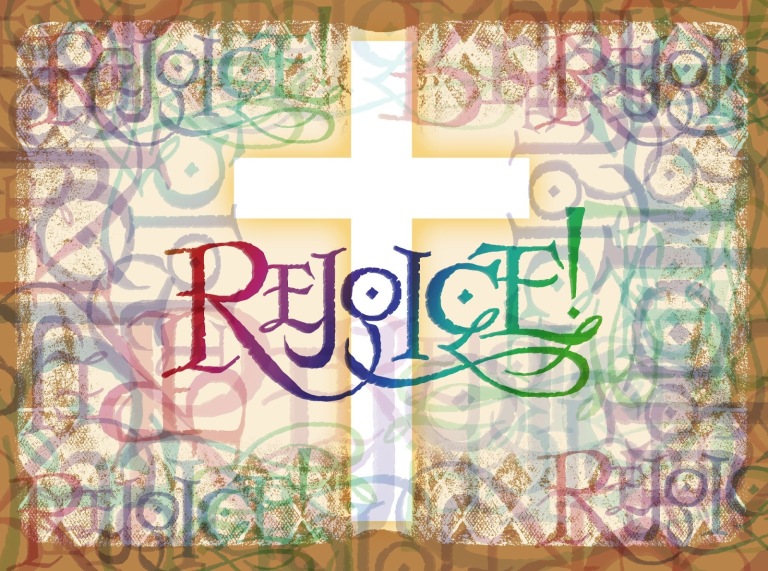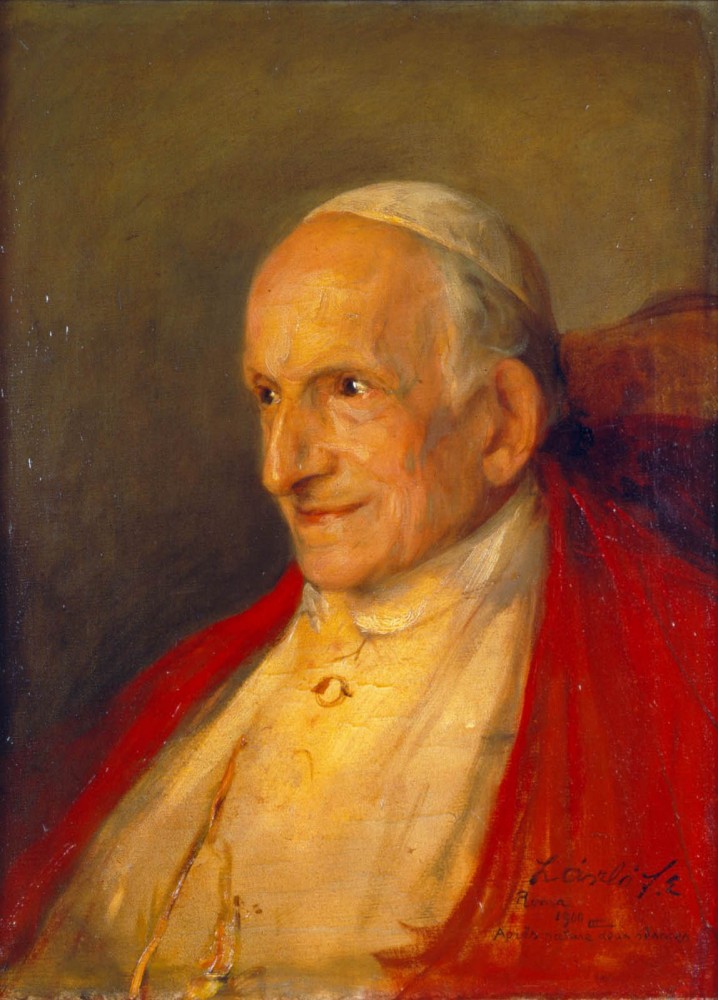Sermon preached for Easter IVB, on Sunday, April 22, 2018.

No one quickly forgets disappointment. We long recall every thing and every one who has disappointed us, betrayed us, or let us down. It is not only if you want it done right but if you want it done at all, do it yourself. The pain of being abandoned by those we counted upon is an ache that does not quickly go away. So we have become skeptical and callous, hard and suspicious. Life is filled with disappointments and with disappointing people. You know it. I know it. We all know it.
It is in this context that Jesus assures us He is not a hireling. He is not the one who runs at the first sign of trouble and who abandons us when the going gets tough. He does not flee from us even when we flee from Him. He is the Good Shepherd who knows His own and whose own know Him. He does not figure losses into the profit margin but gives Himself up so that no one whom He has elected would be lost. Not one. Remember how He prays in the High Priestly Prayer: I have lost not one whom the Father gave Him. Even the sheep who are not of this fold but are the Gentiles wild and lone without the voice of the Law of the comfort of the Prophets.
I take this text personally because as so many accused me, “You are just a hireling too.” Ouch. It is true that pastors have not always faithfully shepherded the flock of God committed to their care. I am not unaware of my own failings and failures to you and to those who have fallen away from the faith under my tenure. For those faults and failings I beg you to forgive me, to absolve me from my many sins, and to give me another chance. Every pastor wears the wounds of his failures to the lambs the Lord has redeemed as scars to humble him and solemn reminders that without Christ we are only hirelings.
But the Word that I preach to you is not my own. The water with which I wash you and your sons and daughters and grandsons and granddaughters it not my water. The bread that I give and the cup I offer is not mine. Jesus does not surrender His authority even to pastors but works in them and through them to bestow upon the people of God the riches of His gifts. We who wear the stole of the office cannot help but be indicted by the verdict of God against the shepherds of Israel who failed to speak the Word of God, to absolve the people by the blood of the sacrifices in the Temple, and who did not prepare the way so that they would recognize Jesus. Yet at the same time we rejoice that God has become His people’s Savior, that it is His Word we preach and His sacraments we administer. For these are the means through which the Good Shepherd calls, gathers, and enlightens His flock still. These are the means by which He calls His flock unto Himself and keeps them to everlasting life.
Jesus is the Good Shepherd. But His goodness lies not with how affectionate He is or that He is gentle and kind or that He likes us or even that does what we want or makes us happy. He is the Good Shepherd because He lays down His life for them. His life is not stolen from Him but He lays it down, willingly, with the strong love that dies so we live.
He is the Good Shepherd who lays down of His own accord His very life. He has met our enemies and He did not run but laid down and allowed them to take His life in order to protect us, His sheep. Jesus is not the Good Shepherd among others who might be good but He is literally the only One who is good, the only one who loves His sheep more than life itself. He is the true Shepherd amid a world filled with false shepherds whose promise fails and whose Word does not endure.
When St. Paul says we preach Christ and Him crucified, St. Paul is speaking of the Good Shepherd who alone lays down His life for His sheep. Our Lord is surely perfect and without sin but His authority and, indeed, His claim to being the Good Shepherd is all about laying down His life for His sheep. This is not about words or about sentiment but about what He did. What He does, as the crucified and risen Savior. Our Lord does not beat down the wolf or simply do battle with Him. Our Lord offers up Himself into the mouth of the wolf, the devil, in our place. Jesus is not a warrior Shepherd but the Good and True Shepherd who gives Himself up for us. He is good not because He is affectionate but because He sacrifices Himself for us.
He does this not because we are sweet and lovable lambs. He does this not because we have proven ourselves worthy to Him or even indispensable. He does this not because there is something in it for Him. He does this because this is His Father’s will and Jesus submits Himself to that will. He is the true Son and the true Shepherd who does the will of Him who sent Him, even to death on the cross. He fulfilled the saving will and purpose of the Father. That is why He is good. We do not call Him good or judge Him good but the Father whose will He does.
In the same way pastors are not good because they are kindly or affectionate or compassionate or giving. They are good because the preach Christ crucified and teach the one and only true Gospel. They are good because they speak to us the hard words of the Law as much as the good words of the Gospel. They are good not because they lay down their lives but because all they talk about is the Good Shepherd who laid down His life for His sheep. They are good only because they know the sheep are not theirs but they belong to Jesus the Good Shepherd, and they will be accountable to Him for what they have preached, taught, and administered.
This is hard for us in two ways. On the one hand we have been so wounded by the many who have disappointed us or let us down that we believe only half-heartedly even the promises of the Good Shepherd. We constantly wonder if we are really forgiven, if God really loves us, if heaven is real or hell, if the Bible can be trusted, and if there really is life after death. We are stubborn and willful sheep who forget every blessing of the Lord new every morning but who remember every time we have prayed and did not get what we wanted or begged the Lord for something and did not receive it. This we need to repent. This we must surrender, our disappointments as well as our sins, so that we may be restored in faith.
The other way it is hard is that we have so defined love by affection that we do not know anymore what it really means to love. Women divorce men who are not affectionate enough even though they provide for them without fail, are faithful even when tempted, and protect them in danger. Men divorce women because they no longer are attractive to them or because someone new has come along even though their wives have been faithful wives, faithful mothers, and faithful helpmeets. Parents insist they love their children but not enough to give up any of their happiness for them, not enough to stick together in life’s roughest moments, and not enough to give them themselves instead of something they purchase. True love is not affection at all but He who lays down His life for the other.
We hear this in marriage when St. Paul says husbands love your wives like Christ loved the Church and gave Himself up for her and when St. Paul says wives respect your husbands as God’s man in the home. We hear this in family when Scripture calls parents first of all to raise their children in faith, to bring them to baptism, and teach them to know the Father through the Son. We hear this when pastors are ordained and given the charge to preach the Word in season and out, to administer the Sacraments faithfully, to teach the young, warn the erring, absolve the penitent, visit the sick, and bury the dead.
Jesus is not the Good Shepherd because He likes us and we like Him. To whom else shall we go? Who has the Word of eternal life? Who lays down His life for His sheep? Who forgives us our sins? Who leads us to green pastures, beside still waters, sets His table among us, and makes it run over with grace upon grace? Sentiment does not make for a Good Shepherd and sentiment does not make for good under shepherds or good sheep. What does is the Word of truth. He lays down His life for His sheep. Where you hear this Gospel there is Christ gathering the lost, redeeming the sinner, and giving life to the dead. Where you hear this, no matter how you feel, there is hope, there is life, and there is salvation.
Perhaps it is too much for us to completely forget life’s bitterest disappointments or to forget those who have betrayed us or abandoned us. Perhaps it is too much for us to think of love that is not affection but a life laid down for us. I pray it is not. For the only thing I have to offer you as an under shepherd is the Gospel of Christ’s suffering, death, and resurrection and the only thing that will redeem you is the Christ who suffered, died, and rose for you. He does not only know your name, he knows your sins. He died for them. You know His name not because it feels good but because He is the only one to lay it down for you.
Christ is Risen! He is risen indeed! Alleluia!
 The world has taken over the cross and it has become a symbol that no longer has much to do with Christ and Him crucified. Crosses are no longer offensive. They are pretty. We wear them as jewelry and on our clothing. They have eased their way from the offensive sign of Christ's suffering and death into an almost generic symbol of hope. Probably not a religious symbol anymore.
The world has taken over the cross and it has become a symbol that no longer has much to do with Christ and Him crucified. Crosses are no longer offensive. They are pretty. We wear them as jewelry and on our clothing. They have eased their way from the offensive sign of Christ's suffering and death into an almost generic symbol of hope. Probably not a religious symbol anymore.














